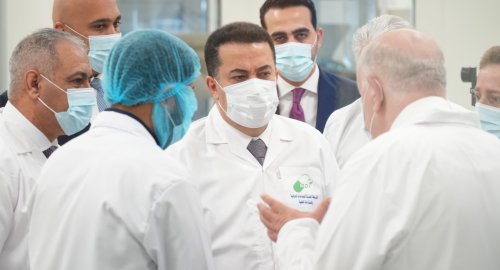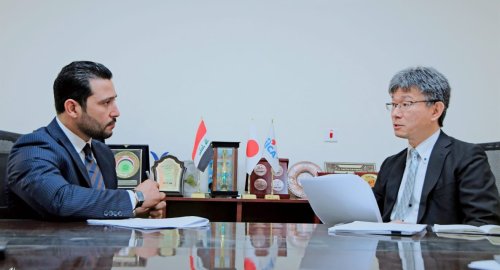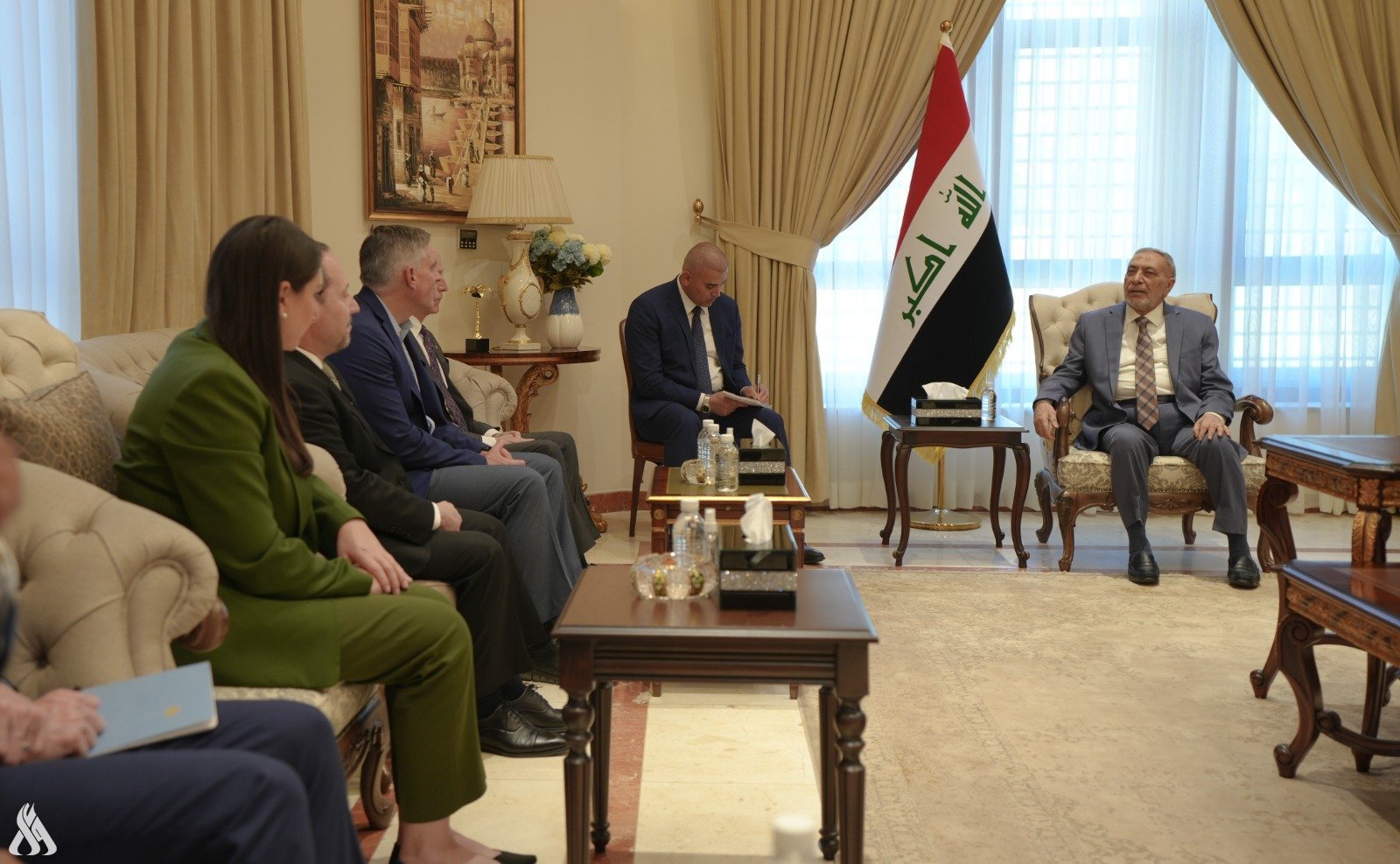
PM: Increase in pharmaceutical contracts for the private sector

politics
- 19-10-2024, 16:38
INA - BAGHDAD
PM Muhammed S. Al-Sudani inaugurated on Saturday two private-sector pharmaceutical plants for antibiotics - cephalosporin - and immunosuppressive drugs, as part of the government’s pharmaceutical localization program, which is a priority in the government's agenda.
Al-Sudani inspected the pharmaceutical plant operations, which rely on cutting-edge global technology from the Italian pharmaceutical company, IMA.
He met with the specialized scientific teams and reviewed the progress of a new cancer treatment drug facility, costing $60 million, set to be completed in the coming months, emphasizing that "this facility was established in line with government decisions made since the beginning of its term, noting that the goal of pharmaceutical localization was a key priority, supported by providing facilities to private pharmaceutical producers, including loans and sovereign guarantees for launching pharmaceutical projects."
The Prime Minister highlighted that the antibiotic products from this pharmaceutical plant will cover around 25% of the country's needs, which is a significant step toward self-sufficiency, stressing the importance of achieving drug security, stating that it is unacceptable for local pharmaceutical production to cover only 10% of the country’s $3 billion drug market.
"Contracts for establishing pharmaceutical projects have increased by over 60% under the current government, marking a positive indicator for achieving production levels exceeding 80% within the next three years, especially for life-saving medications and expensive cancer drugs," he added, reaffirming plans to establish a pharmaceutical industrial city.
It is noteworthy that Cephalosporin is life-saving antibiotic, and its production in all pharmaceutical forms will include: 12 million bottles of suspensions annually, 450 million capsules annually, 600 million tablets annually, and 40 million injections - both intramuscular and intravenous - annually.
Duhok of Iraq and Qadsia of Kuwait match kicks off
- Sport
- 25/04/15
Four Daesh terrorists detained in Salahuddin
- Security
- 25/04/14
Two ISIS hideouts destroyed, killing those inside in Salah al-Din
- Security
- 25/04/13












